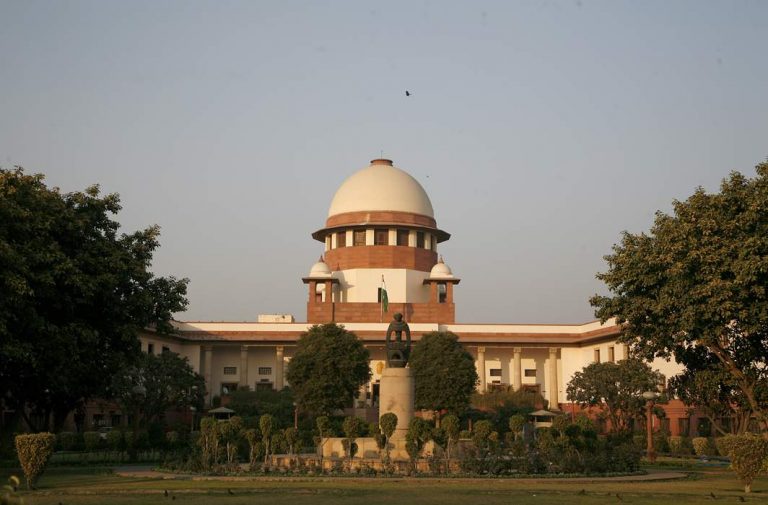
Constitution bench upholds right to die with dignity as a fundamental right and issues guidelines on passive euthanasia till legislation is passed
In a landmark judgment, the Supreme Court, on Friday (March 9), recognised “living will” made by terminally-ill patients for passive euthanasia.
A five-judge constitution bench headed by Chief Justice of India (CJI) Dipak Misra said passive euthanasia and advance living will are “permissible”. The five judges had written four separate judgments expressing their views, but concurred on allowing passive euthanasia and advance directives. The bench also comprised justices A K Sikri, A M Khanwilkar, D Y Chandrachud and Ashok Bhushan.
A living will is a document prepared by a person in their healthy/sound state of mind under which they can specify in advance whether or not they would like to opt for artificial life support, if he/she is in a vegetative state due to an irreversible terminal illness, in the future or not.
In his individual opinion, Chief Justice Dipak Misra said the heart of the matter is whether law permits the acceleration of death without suffering. The bench said that advance directives for terminally-ill patients could be issued and executed by the next friend and relatives of such person after which a medical board would consider it. It added that the directions and guidelines laid down by it and its verdict shall remain in force till a legislation is brought on the issue.
While the centre was on board on allowing passive euthanasia, it opposed the concept of living will. Additional solicitor general P.S. Narasimha, representing the centre, told the court that consent for removal of artificial support may not be an informed one and could be misused in cases of the elderly. He added that the government had already accepted the apex court’s ruling in the landmark Aruna Shanbaug case on 11 March 2011, which held that a specific category of relatives could seek permission from the court to opt for passive euthanasia on behalf of the person in cases of a terminally ill patient.
The Supreme Court had in 2011 recognised passive euthanasia in what has become known as the Aruna Shanbaug case by which it had permitted withdrawal of life-sustaining treatment from patients not in a position to make an informed decision.
The petitioners in the case before the apex court on Friday had argued that safeguards were needed while taking a decision by medical boards to withdraw life support of a terminally-ill patient.
It is pertinent to recall that on January 15 last year, the Centre had said the 241st report of the Law Commission stated that passive euthanasia should be allowed with certain safeguards and that there was also a proposed law, the Medical Treatment of Terminally Ill Patient (Protection of Patients and Medical Practitioners) Bill, 2006, dealing with the same issue.
Justice Sikri, in his opinion, said: “The issue we are confronted with is very vast, complex, concerning social, moral and psychological issues. Whether right to life includes right to death is an issue but right to death with dignity is undisputable. Passive euthanasia can be granted when the patient is declared brain dead and no chance of revival exists.”
Asserting that “life and death are inseparable”, Justice Chandrachud said: “Dying is a process of living… as human beings, we are bound to protect our integrity. Medical technology must make advancements for prolonged life and make life easier. The Constitution recognises life in its indestructible form and is inseparable from the right to life and the right to death. The underlying decision of Aruna Shanbaug is flawed and hence this court had to correctly opine the position of passive euthanasia.”
Please read the full judgement here.

